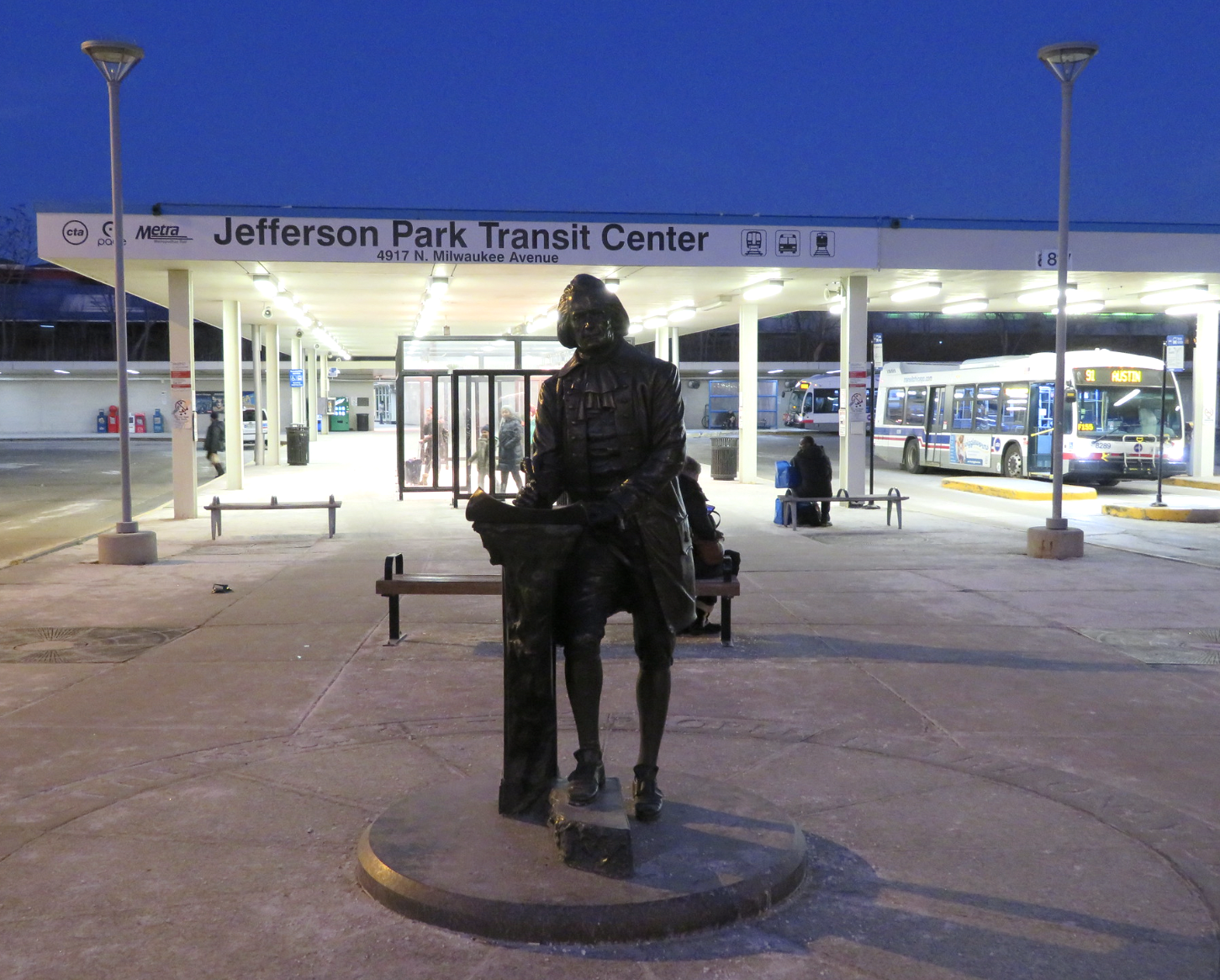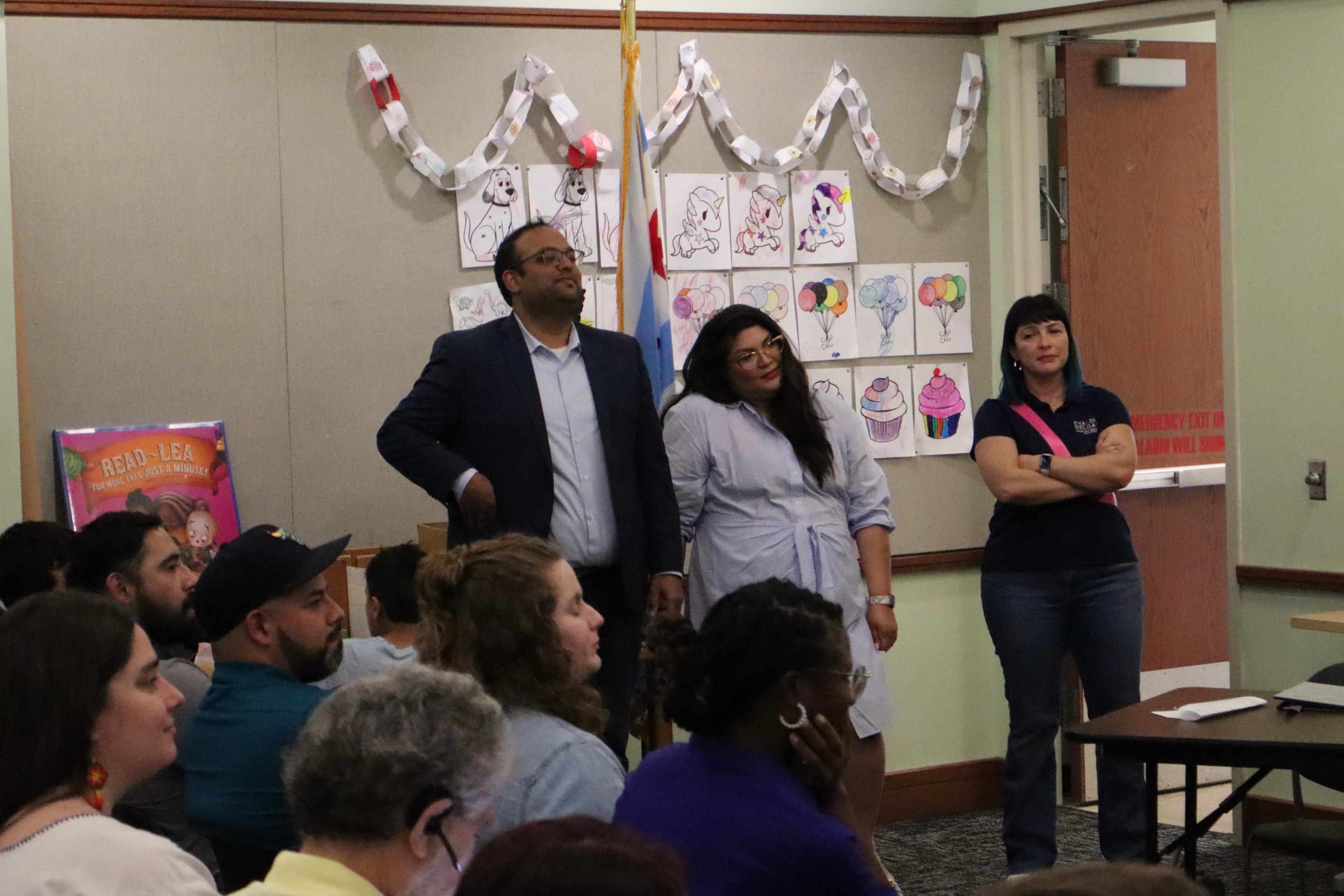It’s simple supply and demand, folks. On-street parking represents public space that’s used for the storing of private vehicles. When parking meters are set at a static price that’s too low for the value of the space during high-demand times, the result is drivers cruising neighborhoods looking for open spots, adding to congestion and pollution. Moreover, the public is cheated out of fair compensation for use of that valuable public space.
That’s why I applaud the city’s of Chicago’s decision to implement “surge pricing,” properly known as congestion pricing, near Wrigley Field on game days and during concerts, and encourage them to look into using this strategy for other high-demand parking scenarios.
As reported in the Chicago Tribune this morning, the city’s chief financial advisor Carole Brown told aldermen Thursday during a committee meeting that the program to create surge pricing at meters by the ballpark this year could eventually be expanded to other special events. City council previously approved doubling the meter rate near Wrigley from $2 to $4 an hour during high-demand times, which is still a great deal for drivers.
29th Ward alderman Christopher Taliaferro, whose district includes parts of Austin, argued at the meeting that congestion pricing shouldn’t be expanded to other parts of town because that wasn’t the “original intent” of the ordinance, but Brown disagreed.
"The intent of the ordinance was to focus on those areas of the city that, because of certain events or certain things that happen through the course of the year, experience a surge in activity and visitors to that area that contribute to the congestion and the movement through the city," Brown said, according to the Tribune. She indicated that the policy could be applied to other sports events, as well as street festivals.
This year surge pricing will be implemented on metered streets between Irving Park, Broadway, Belmont, and Southport. The price increase will start two hours before each event at Wrigley and will last seven hours, including hours during which parking is normally free. This should help encourage some people who might otherwise drive to choose other options to get to the neighborhood, such as the remote park-and-ride lot, ride-share, cabs, the CTA, biking (Wrigley offers vallet bike parking during events), or walking.
The Wrigleyville change will affect about 1,100 parking meters, and the city currently projects it will raise roughly $1.5 million in revenue this year. The city plans to use the extra cash to compensate concessionaire Chicago Parking Meters LLC for lost revenue due to streets closures during construction projects and special events, a stipulation of Chicago’s much-reviled parking meter contract. These payments would otherwise come from the existing city budget.
The Trib reported that Mayor Emanuel was also interested in implementing congestion pricing near Soldier Field this year, but local alderman Pat Dowell requested more time to collect community input on the subject.
Rather than being a case of the city nickel-and-diming drivers, as Taliaferro said at the meeting, surge pricing simple means that motorists will be paying a fairer price for the use of valuable public space during high-demand times. This is land that could otherwise be used for amenities like wider sidewalks, additional green space, bike parking, or sidewalk cafes, so we shouldn’t just give it away for far less than it’s worth.
While special consideration should be given to make sure that higher meter prices wouldn’t be an unfair burden for residents in lower-income communities, surge pricing should be considered all scenarios where parking is at a premium, including special events and retail districts during high-demand times. In addition to making it easier to find an available spot and reducing congestion and pollution, the higher parking turnaround would be good for local merchants’ bottom line.




